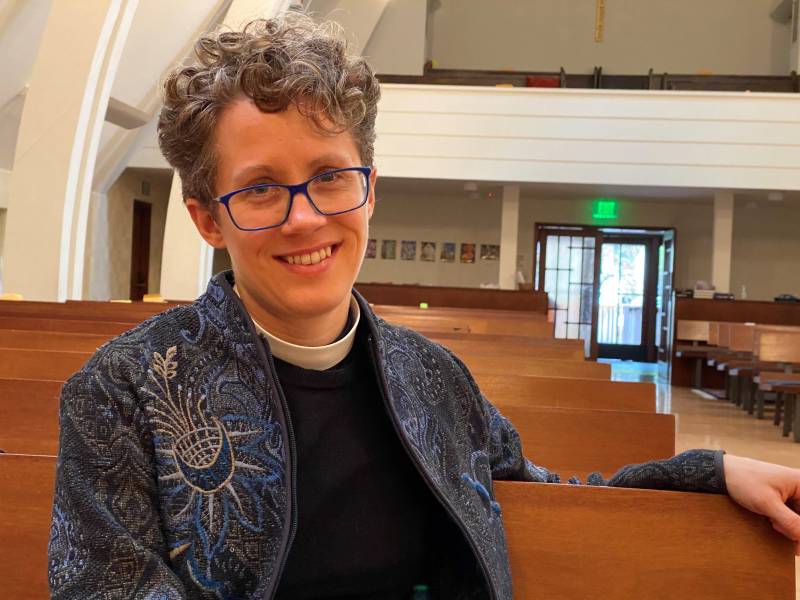Think what we’re experiencing is an apocalypse? The Rev. Talitha Amadea Aho says that, linguistically speaking, you’re right.
I haven’t heard the word “apocalypse” so frequently since I took a seminary class on it. This week, when the sky turned orange, many people cried “apocalypse." It took a brightly wrong-colored sky to get us to wake up. These are indeed apocalyptic times. But I have hope.
The Greek word apocalypse means revealing or revelation, pulling back the curtains of illusion so we can see what is really true — even when that truth is terrifying. Biblical writers wrote apocalyptically to express important truths in terrible times.
Our ecological apocalypse is also a revelation. It pulls back the curtains on our illusions of self-sufficiency and our fantasies of human innocence. It reveals our injustice. People who are poor contribute the least to climate change but suffer the most, and they have the fewest of the resources needed to cope with this smoke storm. Meanwhile, people who are scandalously rich are the most responsible for the crisis, yet they speak of escaping by means of technology nobody else will be able to afford. These are the sins revealed by our apocalypse; these are the realities we have been in denial about.
Reality is truly terrible, but apocalypse means showing that truth, and we are better off not hiding from it. We can never get back the homes and habitats that have already been lost. But we do have a window of opportunity to mitigate the worst effects of climate change by taking bold and decisive action. If you are one of the people who woke up to the apocalypse this week under orange skies, I pray you will join us in that work.
